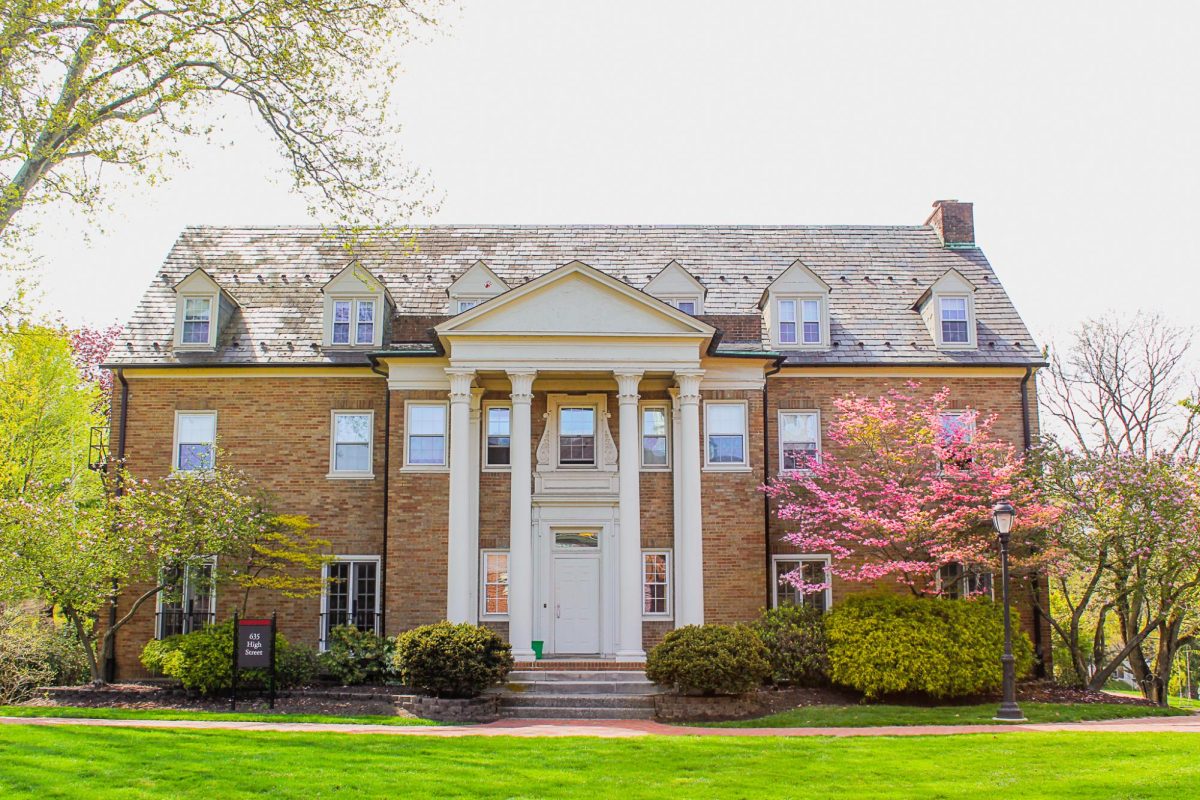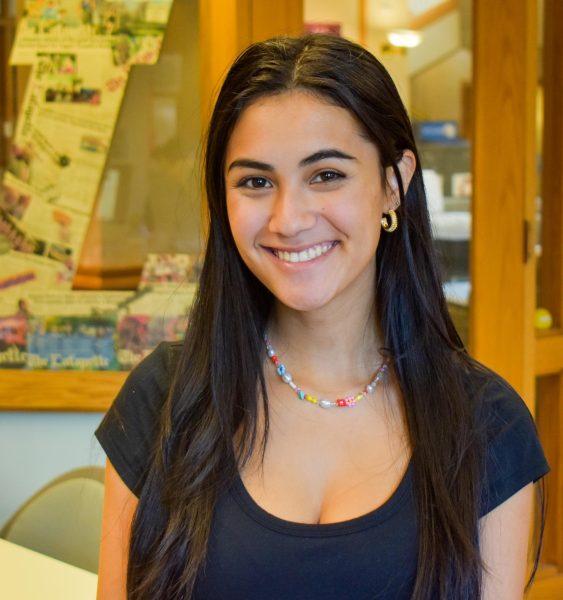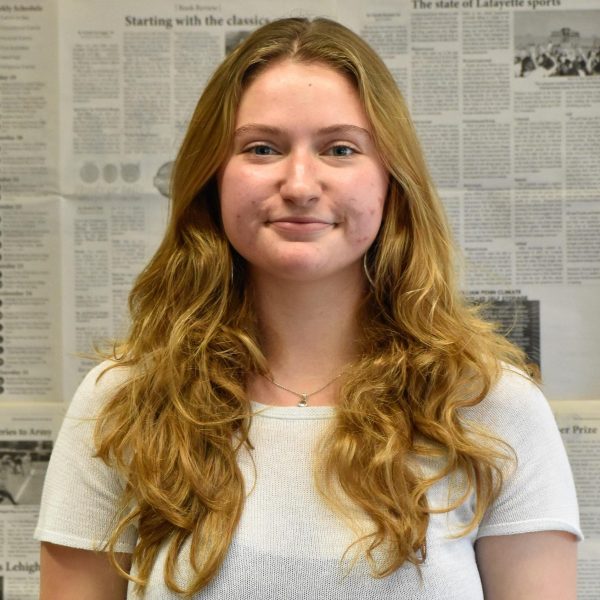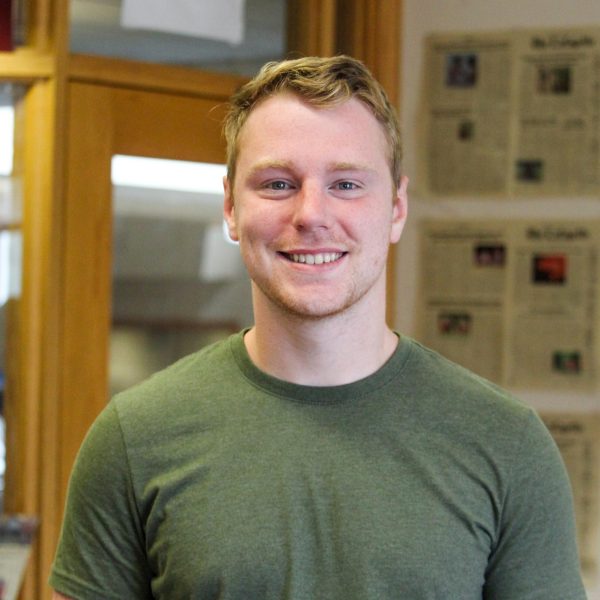A group of students seeking to reestablish the Kappa Delta Rho fraternity was unanimously approved as an interest group by an expansion committee formed to oversee Kappa Delta Rho’s recognition process.
The original chapter of Kappa Delta Rho, or KDR, saw its charter revoked in June 2011 after a series of disciplinary matters. A year later, freshman Everett Glenn died, allegedly in connection with an underground KDR recruiting event, prompting a ban on unrecognized fraternities in 2013.
The students interested in reviving KDR have no link to the former chapter or to the underground organization.
“There was a group that does not represent Kappa Delta Rho that made some mistakes, but they were not fully with Kappa Delta Rho nationally and have nothing to do with our current group,” said Tyler Beck ‘27, the pioneer of KDR’s potential return.
Xavier Romano, the executive director of the Kappa Delta Rho National Fraternity declined to comment. Joseph Rosenberg, who preceded Romano and was the executive director at the time that the Lafayette chapter of KDR’s charter was revoked, could not comment before publication.
“It is not the responsibility of the expansion committee to hold current students or the Fraternity accountable to the actions of unaffiliated students from over a decade ago,” Jake Bates, the associate director of fraternity and sorority life, wrote in an email.
Beck said he hopes KDR can serve as a fraternity that “really includes everyone and promotes everyone on campus.”
“We don’t want to take away,” said Beck, who was joined by five other students in creating the group. “We want to be the group that facilitates, we want to be the group that’s inclusive.”
Formal recognition as an interest group is the first stage of fraternity expansion. The college defines an interest group as “a group of students who have come together to seek recognition by Lafayette College and to establish a chapter of an inter/nationally affiliated fraternity or sorority.”
As an interest group, Beck and his fellow group members may only refer to themselves as the “Kappa Delta Rho interest group.” The group will next apply for colony recognition and give another formal presentation to the expansion committee. Beck expects this presentation to occur in December.
If the group’s colony application is approved, it must spend at least two semesters in a transitional colonization period before it can undergo a final performance review to receive full fraternity accreditation. According to Beck, the earliest that KDR could return as a “full-fledged fraternity” would be in the fall of 2025.
According to the Lafayette College Process for Fraternity and Sorority Recognition, which has not been updated in eight years, the expansion committee should include student representatives from two now-defunct faculty committees, in addition to a smattering of faculty members, administrators, a Student Government member and the presidents of the Interfraternity and Panhellenic Councils; Christopher Anderson, who is an associate engineering professor, and interim dean of students Jenn Dize serve on the committee and did not respond to requests for comment.
According to Joshua Smith, the clerk of the faculty, the duties of the two now-defunct faculty committees, the Committee on Student Life and the Committee on Diversity, were assumed by their successors, the Committee on Student Affairs and the College-Wide Committee on Diversity, Equity, & Inclusion. Despite this, no students represent these committees on the expansion committee.
Bates wrote in an email that when he created the expansion committee roster, no students were yet seated on the Faculty Student Affairs Committee or the Diversity, Equity, & Inclusion Committee.
The three student delegates on the Faculty Student Affairs Committee – Alex Thurtle ‘24, Tyler Osipower ‘24 and Charles Mann ‘25 – confirmed that they were not aware of the expansion committee and were never asked to serve. They assumed their faculty committee duties on Oct. 4. Bates did not respond to an email asking when the expansion committee was formed.
Of the three students who do serve on the expansion committee – Interfraternity Council President Bobby McCloskey ‘26, Panhellenic Council President Samantha Papalia ‘25 and Yuko Tanaka ‘26, who represented Student Government – all are Greek-affiliated.
McCloskey did not respond to requests for comment. Papalia and Tanaka denied requests for comment.
“At baseline, I think it’s bad practice for only affiliated students to have a say in a new Greek org coming to campus,” said Sophie Himmel ‘24, a former member of the now-defunct Greek-life alternative social group SHEESH.
While the committee unanimously voted to make the students an official interest group, Beck said that the would-be KDR members received constructive feedback that they are expected to implement prior to their next presentation.
“Some things they noted were establishing actionable plans to grow as a group before we face our next challenge with the expansion committee,” Beck wrote in a follow-up email.
However, Beck said that he and his fellow interest group members are confident that they will meet these expectations and look forward to prioritizing philanthropy within their organization.
“We want to work with the Arts Trail, we want to work with multiple campus organizations to really benefit everyone on this campus,” Beck said.
The former KDR fraternity house, now known as the 635 High Street dormitory, is still owned by the fraternity’s alumni association. If KDR officially returns to campus, it could regain its chapter house and the alumni association would cease to sublet it to the school.
“If the chapter does re-establish, the group would need to meet the expectations set by the College and the Fraternity in order to resume living there,” Bates wrote.
Mikey Kotler ‘25, the president of the Chi Phi fraternity, said that he was “pretty indifferent” towards KDR returning to campus. He noted that if it does return, fraternities might have to reassess recruitment quotas.
“I’m not opposed to it, as long as they’re held to the same standard as other fraternities and the same recruitment policies that we’ve always had,” Kotler said.
The president of the Phi Kappa Psi fraternity, Antonio Arena ‘25, said that he is also “really uninvolved” with the process, though he emphasized that the perspectives of the students on the committee should be taken into account.
The Delta Upsilon fraternity president declined to comment while the presidents of the Delta Tau Delta, Zeta Psi, Phi Sigma Chi and Delta Kappa Epsilon fraternities did not respond to requests for comment.
Trebor Maitin ‘24 contributed reporting.
A correction was made on April 26, 2024: A previous version of this article stated that Sophie Himmel ’24 was a founding member of the club SHEESH. While she was a member, she was not a founding member.
A correction was made on April 26, 2024: A previous version of this article stated that Tyler Beck ’27 was joined by five freshmen in forming the Kappa Delta Rho interest group. Two others in the group were freshmen and three were sophomores.

















































